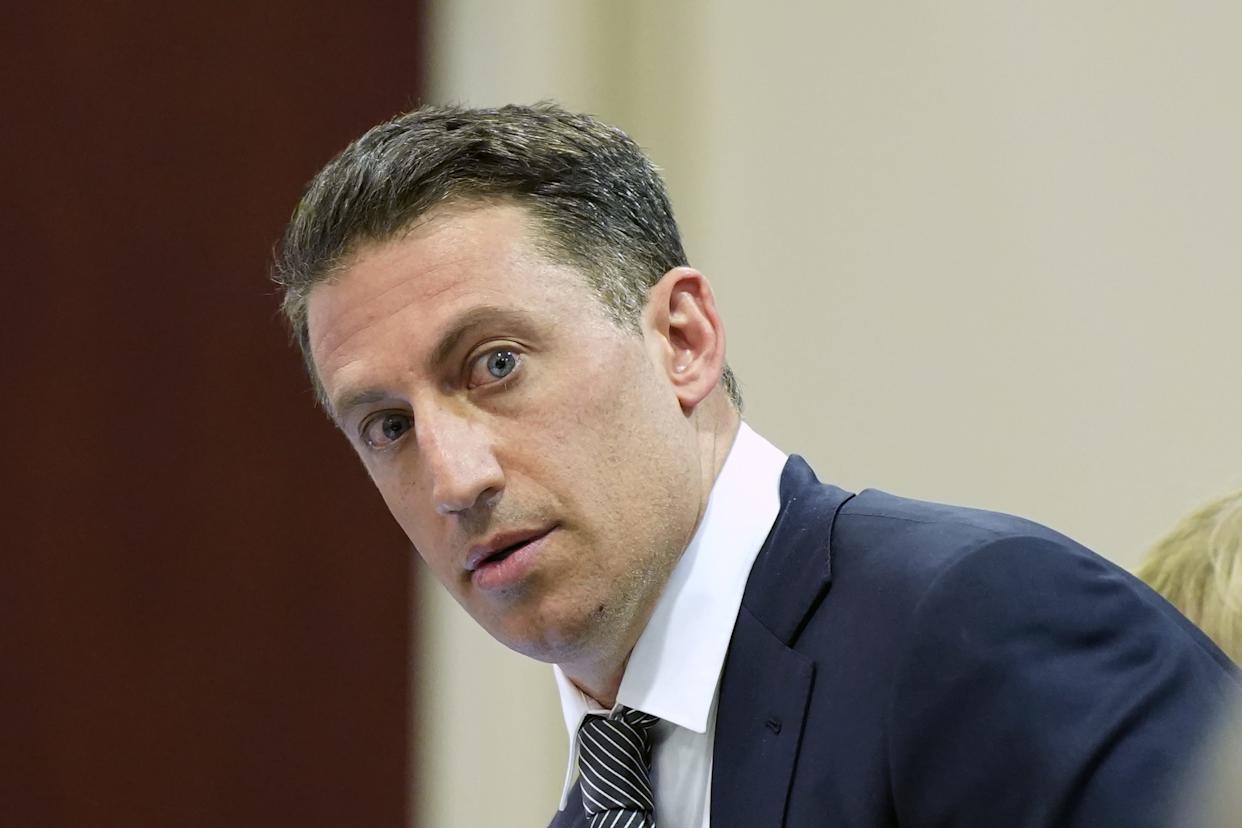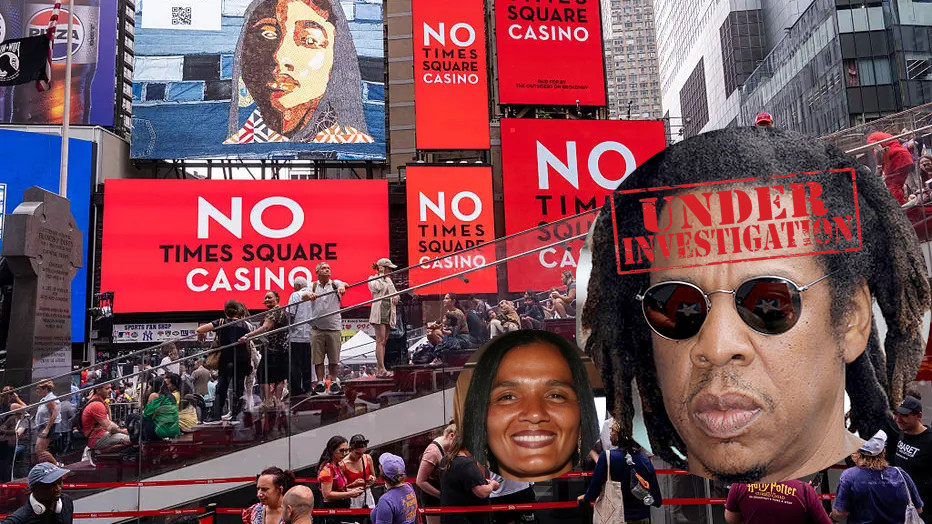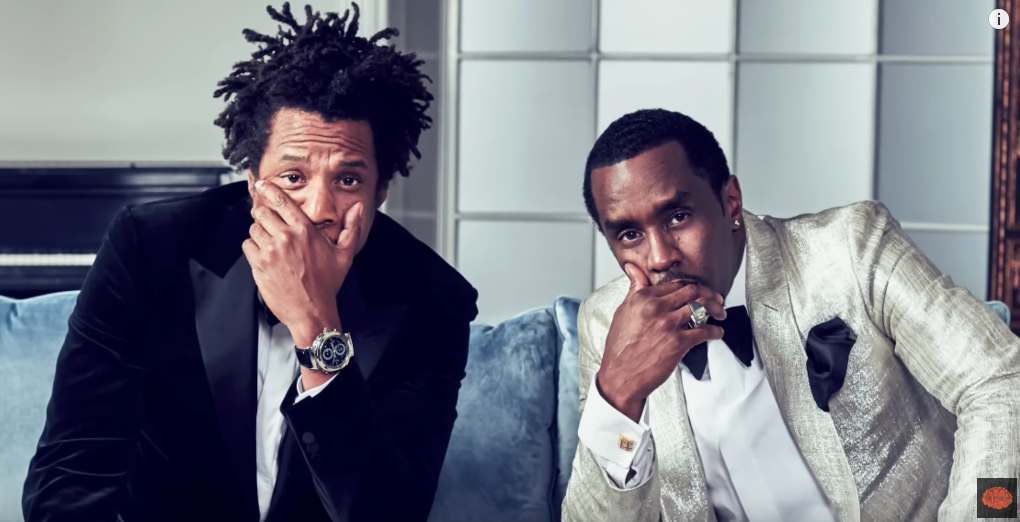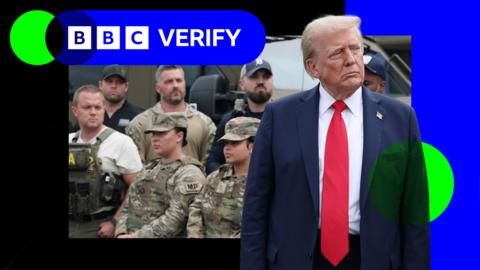In a landmark trial that has turned the spotlight on sexual violence within the music industry, Sean "Diddy" Combs stands at the center of a profound conversation about the urgent need for a MeToo movement in hip-hop. Cassie Ventura, a pop artist formerly tied to Combs, shared harrowing details of her experience in an abusive relationship that unveiled a dark reality of manipulation and control in an industry often shrouded in silence.
During the prolonged trial, Cassie testified how Combs exerted power over her by engaging in physical abuse, blackmail, and coerced sexual acts. She described chilling moments, like being commanded to perform degrading actions in front of others, which underscored a troubling pattern of dominance commonplace in high-stakes music environments. While Combs was acquitted of some major charges, he faced conviction on counts of transporting individuals for prostitution—an outcome echoed by a broader demand for accountability from other powerful figures in the industry.
Advocates, insiders, and survivors are increasingly questioning why it has taken so long for the music industry, particularly hip-hop, to confront these deep-seated issues. Cristalle Bowen, a rapper and advocate, notes that misogyny pervades the industry. When artistic success intertwines with powerful men, survivors may hesitate to speak out, fearing backlash, career stagnation, or public ridicule.
Moreover, the formidable influence and history of hip-hop, which has served as a voice for marginalized communities, complicate the conversation. While hip-hop emerged from the struggles of African-American and Latino communities seeking representation, it now faces the paradox of glorifying figures like Combs, who have been accused of grave misconduct. As the genre has achieved mainstream success, the existing culture risks silencing those who dare to challenge its giants.
Some believe that simply applying the principles of the Hollywood MeToo movement to hip-hop won't suffice. Caroline Heldman of the Sound Off Coalition emphasizes the necessity of proactive measures to protect vulnerable artists. This includes advocating for reporting protocols and policies that afford protection to those in need.
As the Combs trial concludes, the question remains—can this moment justly prompt a reckoning within hip-hop? Historical patterns suggest an uphill battle, where many influential figures remain seemingly untouched by accountability. Yet with significant dialogue growing around these issues, the impetus for change is not only vital—it is urgent. As legal actions continue to unfold against Combs and others, voices within the industry call for tangible shifts that protect artists and promote a safer environment for expression. The reflections arising from the recent trials may catalyze a long-overdue reckoning, inspiring a genuine movement towards justice and healing in hip-hop culture.





















